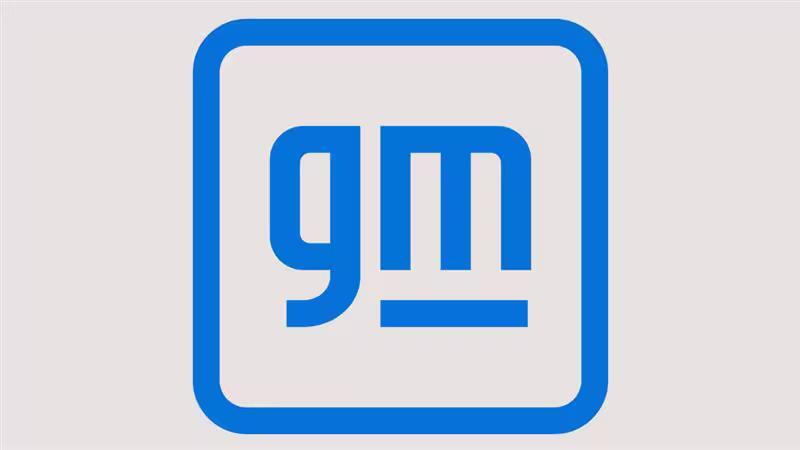
General Motors to Lay Off Hundreds of Employees in Israel
General Motors (GM), a US-based global automobile giant, is planning to cut hundreds of jobs in Israel following the shutdown of its autonomous vehicle subsidiary, Cruise. This decision comes as a part of GM’s ongoing global efforts to restructure its business amid a slowdown in electric vehicle (EVs) sales. The news was reported by several sources, including Latestly, a leading online news platform.
According to the reports, the layoffs are expected to be a significant blow to the Israeli automotive industry, which has been a major hub for autonomous vehicle development in recent years. Cruise, which was founded in 2013, had been working on developing advanced autonomous vehicle technology, with a focus on self-driving cars. The company had also been testing its vehicles on the roads of Tel Aviv and Jerusalem.
However, despite its promising start, Cruise’s progress has been slow, and the company has struggled to make significant breakthroughs in the field. The shutdown of the subsidiary is seen as a significant setback for GM’s plans to enter the autonomous vehicle market, and the layoffs are a direct consequence of this decision.
The layoffs are expected to affect hundreds of employees, including engineers, technicians, and other support staff. While the exact number of employees who will be laid off is not clear, it is reported that the company will be providing severance packages to those affected, including outplacement assistance and career counseling.
The decision to lay off hundreds of employees in Israel is part of GM’s broader efforts to restructure its business in response to the slowdown in EVs sales. The company has been facing significant challenges in recent years, including increased competition from other automakers, regulatory uncertainty, and concerns about the environmental impact of its vehicles.
In an effort to address these challenges, GM has been working to diversify its product lineup and invest in new technologies, including electric vehicles and autonomous driving. However, the company has also been forced to make tough decisions about where to cut costs and reduce its workforce.
The layoffs in Israel are seen as a significant blow to the local economy, which has been heavily reliant on the automotive industry. The Israeli government has been working to diversify the country’s economy and reduce its dependence on a single industry, but the layoffs at GM are a significant setback.
In a statement, GM confirmed the layoffs and said that the decision was part of its efforts to “right-size” its operations and focus on areas where it can be most competitive. The company also praised the skills and dedication of its Israeli employees and said that it would do everything possible to support those who would be leaving the company.
The news of the layoffs has sent shockwaves through the Israeli automotive industry, with many experts expressing concerns about the impact on the local economy. The Israeli government has also been quick to respond, with the Minister of Economy and Industry, Amir Peretz, calling for the company to reconsider its decision and explore alternative solutions.
While the layoffs are a significant setback for GM and the Israeli automotive industry, they are also a reminder of the challenges facing the industry as a whole. The rapid pace of technological change and the shift towards electric and autonomous vehicles are forcing companies to adapt and transform their business models in response.
In conclusion, the news of General Motors’ decision to lay off hundreds of employees in Israel is a significant blow to the local economy and a reminder of the challenges facing the automotive industry. While the layoffs are a difficult and painful process for those affected, they are also an opportunity for the company to refocus its efforts and invest in areas where it can be most competitive.






